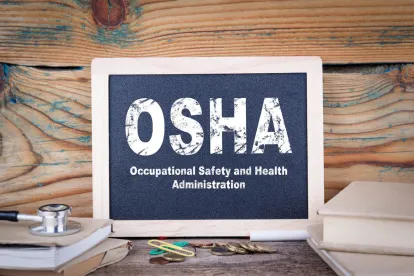Like virtually every other governmental entity in the world, in March 2020 the City of Columbus, Mississippi, enacted strict lockdown measures affecting private business and public places of worship in an effort to slow the spread of COVID-19 at the outset of the pandemic. One such ordinance required the mandatory closure of businesses like Golden Glow Tanning Salon, Inc. Golden Glow filed suit against the City of Columbus alleging the ordinance violated the Equal Protection Clause of the Fourteenth Amendment and the Takings Clause of the Fifth Amendment of the United States Constitution. Golden Glow appealed to the U.S. Court of Appeals for the Fifth Circuit following the district court’s grant of summary judgment to the City of Columbus. Though the Fifth Circuit affirmed the district court’s judgment in its entirety in Golden Glow Tanning Salon, Inc. v. City of Columbus, Mississippi, Judge James C. Ho’s concurrence raised an interesting issue of whether there is an unenumerated constitutional right to work that could limit the government’s ability to regulate business.
Judge Ho’s concurrence started off with a direct and clear statement concerning the right to work:
The Supreme Court has recognized a number of fundamental rights that do not appear in the text of the Constitution. But the right to earn a living is not one of them—despite its deep roots in our Nation’s history and tradition. Governing precedent thus requires us to rule against the countless small businesses, like Plaintiff here, crippled by shutdown mandates imposed by public officials in response to the COVID-19 pandemic. Cases like this nevertheless raise the question: If we’re going to recognize various unenumerated rights as fundamental, why not the right to earn a living?
He continued and wrote:
It was only by the grace of government that we would eventually begin our return to normalcy. That’s because our current law of unenumerated rights prioritizes non-economic activities over economic endeavors.
A principled approach to the Constitution can take one of two forms: We can enforce only those rights that are expressly enumerated in the Constitution. Or we can recognize a broader range of fundamental rights, including those not expressly stated in the Constitution, by appealing to some principle not explicit in the text.
Judge Ho’s concurrence gave a bit of a history lesson on the right to work, explaining that for more than one hundred years before the founding of the United States, English courts had protected from arbitrary government restriction the right of an individual to pursue a chosen profession. Judge Ho’s concurrence also addressed the pre-Revolution-era treatment of such restraints, the founders’ writings on the issue (including a reference to Benjamin Franklin’s statement that “[t]here cannot be a stronger natural right than that of a man’s making the best profit he can of the natural produce of his lands”), and the Lincoln-Douglas debates of 1858. Judge Ho wrapped up the history lesson in his concurrence with early Fourteenth Amendment jurisprudence. Judge Ho noted the preeminence of economic rights at the time of the nation’s founding through the Civil War era and that a person’s fundamental right to earn a living was not a new or unexplored concept.
Judge Ho’s concurrence raises important questions. If the right to earn a living is an unenumerated constitutional right and that right extends to the operation of a business, where would the government be allowed to regulate that right and where would it not? Would governmental agencies such as the Occupational Safety and Health Administration (OSHA) be permitted to regulate the business, and, if so, what strictures would be placed on that right? Would the rule of reason apply or would some other requirement be in place, given that such regulations are, ostensibly, “prior restraints” of a constitutional right?




 />i
/>i
